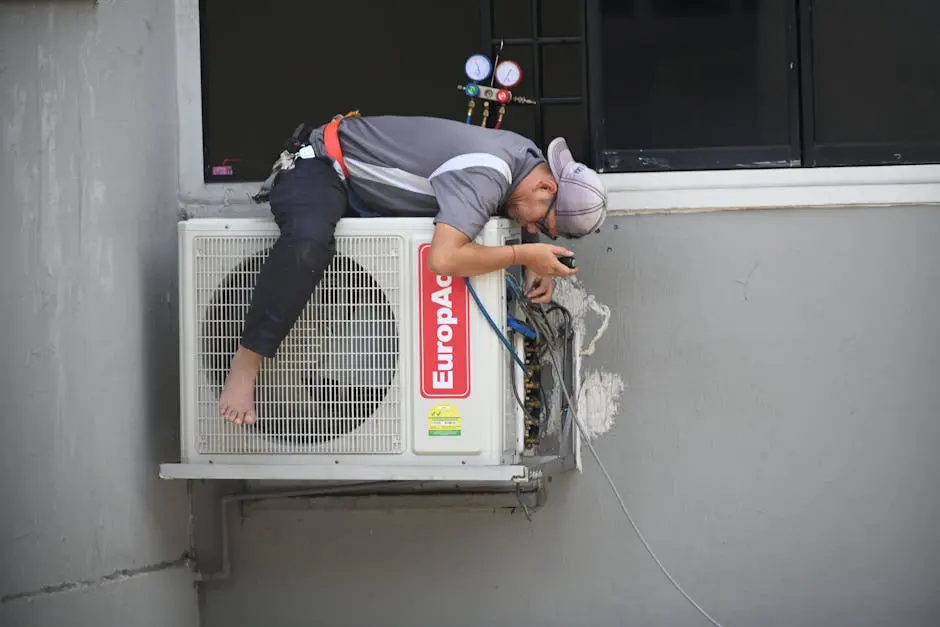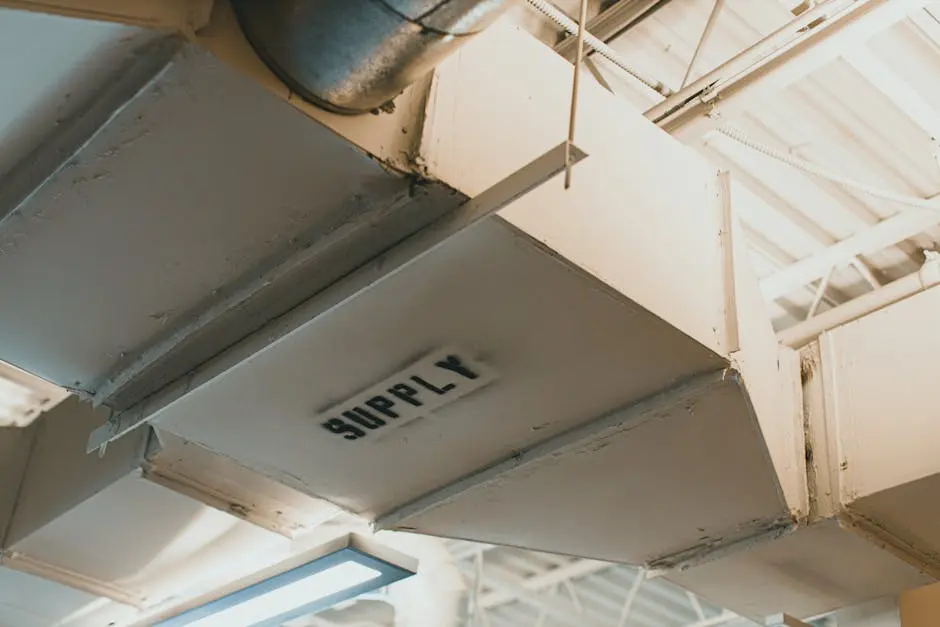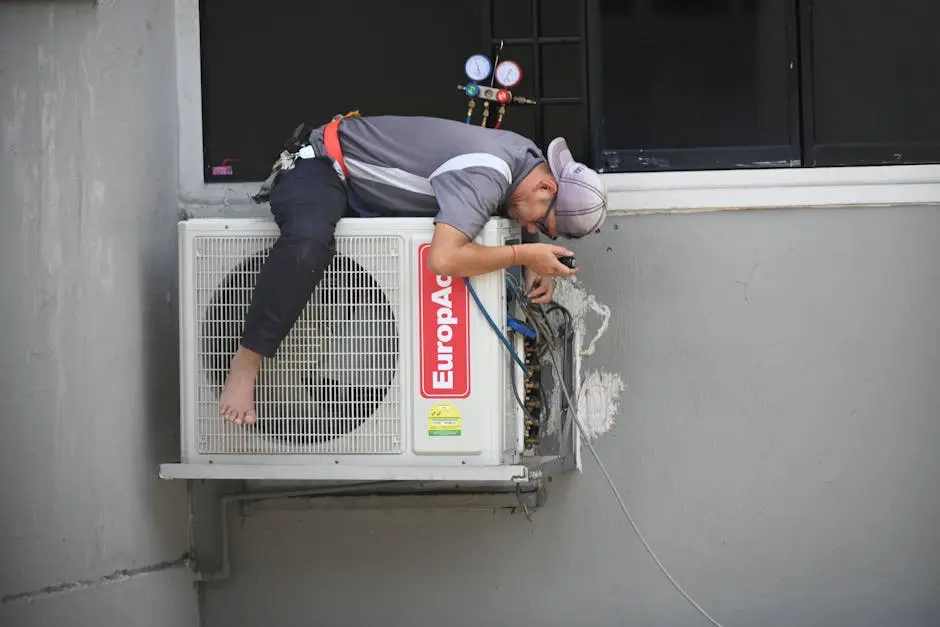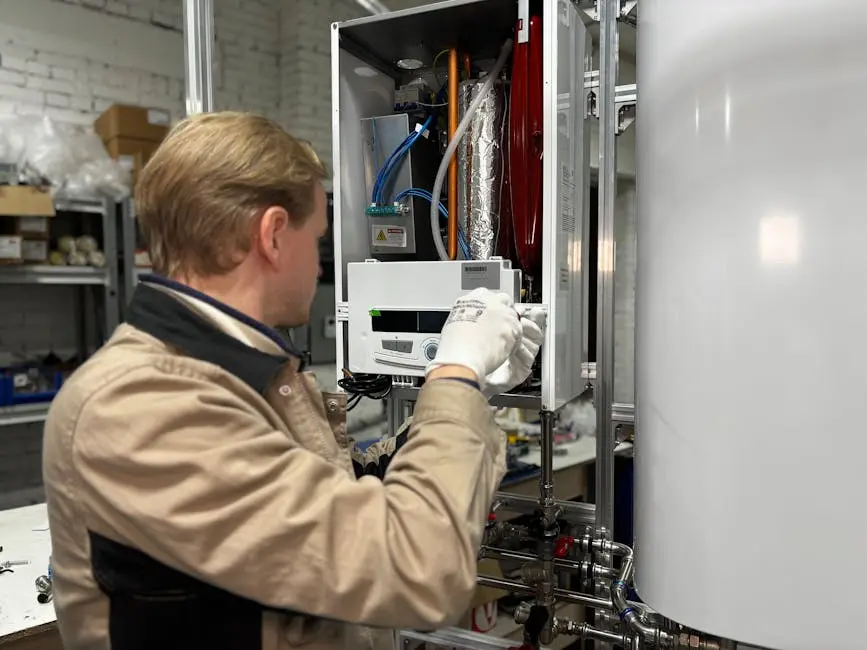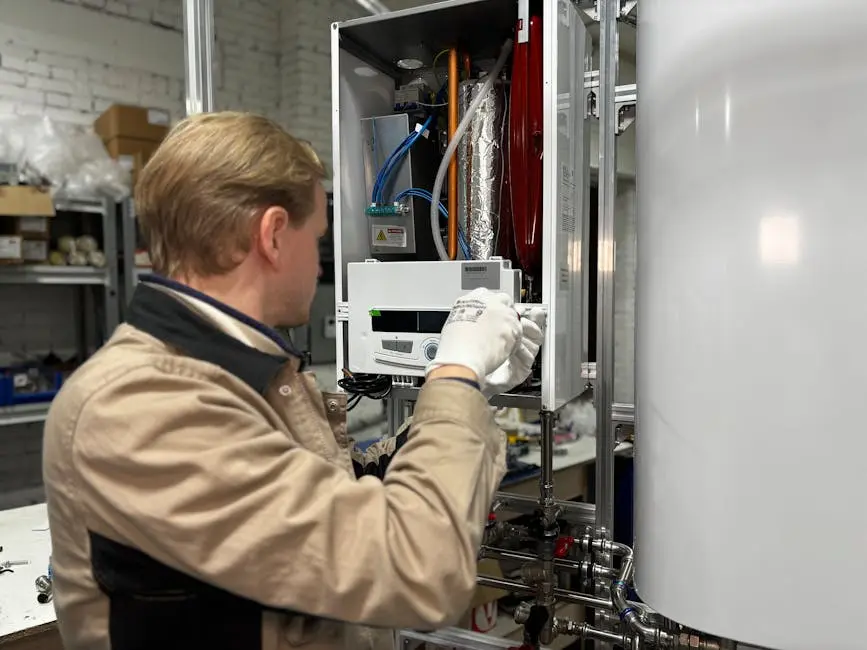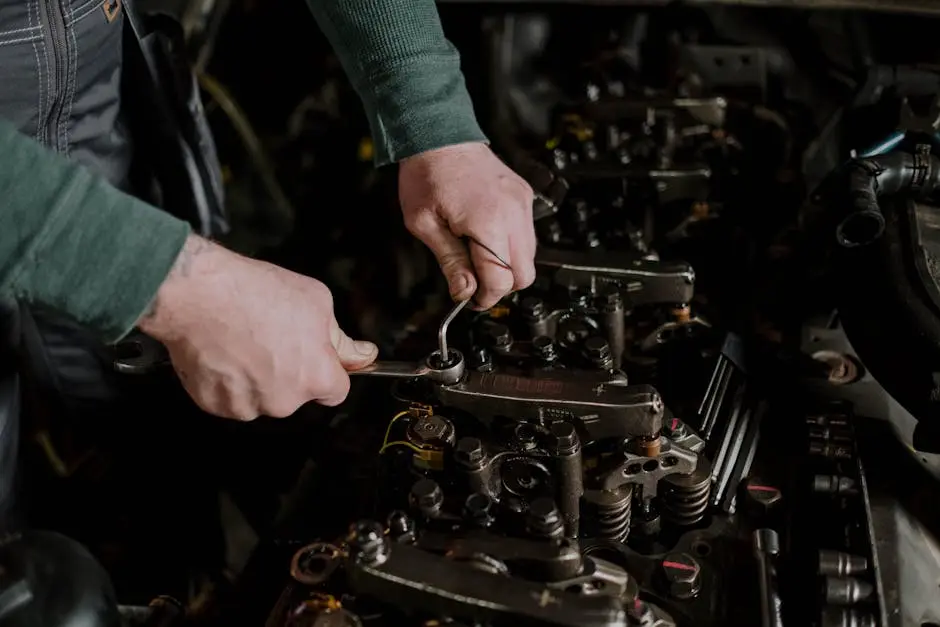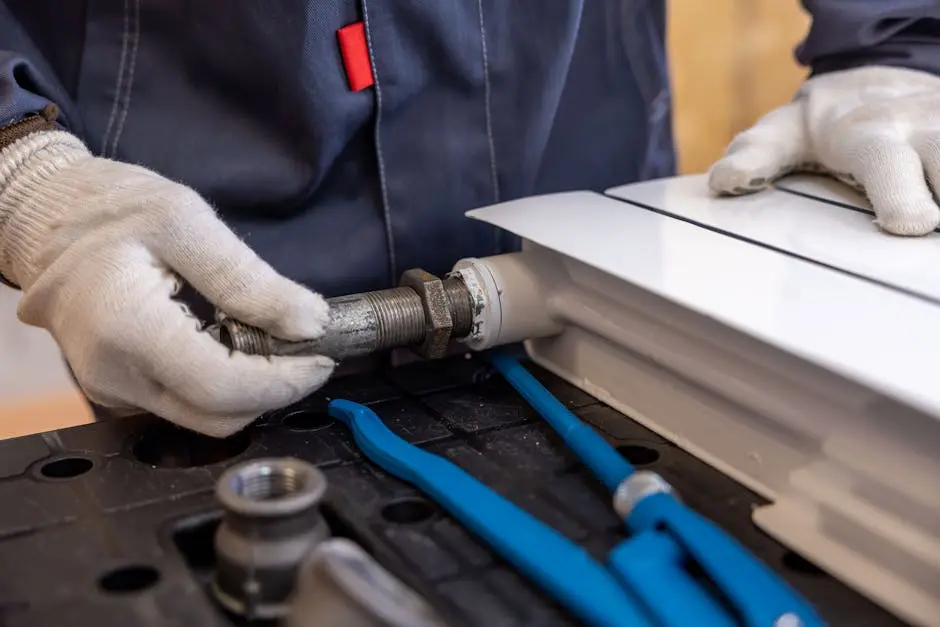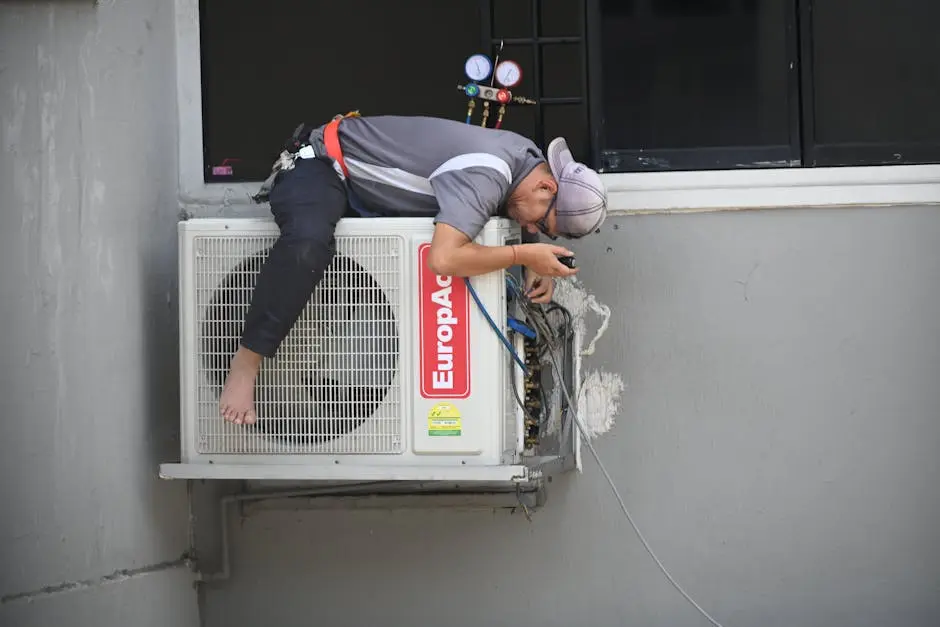Understanding the signs of an AC unit that needs repair can save you from discomfort and costly repairs. Let’s explore the key indicators to help you make informed decisions about your air conditioning system.
Look for Unusual Noises
If your AC unit is making strange noises, such as grinding or squealing, it’s a strong indication that it may need professional attention.
These unusual sounds can indicate loose parts or damaged components. Ignoring these signs can worsen the issue, leading to more significant repairs down the line. Be proactive!
When your air conditioner is functioning correctly, it should operate quietly. If you hear clanging noises, it might be time to call in an expert. Catching these problems early can save you from a total system breakdown.
Listen closely for rattling or hissing sounds as well. Rattling could mean something is loose inside your unit, while a hissing sound may signal a refrigerant leak, which isn’t something to mess with.
Check for Poor Airflow
Weak airflow can signal a clogged filter or a more serious issue with your AC system. Ensure proper airflow for comfort and efficiency.
If you find that some rooms are warm while others are cool, it’s a good indication that your system is struggling. Home temperature imbalances are often tied to restrictive airflow issues.
Checking your filters regularly is a simple task that can make a world of difference. A dirty air filter can block airflow and strain your AC, leading to reduced efficiency and increased wear.
Also, check for any obstructions around your vents. Furniture, curtains, and other items can block airflow, limiting your system’s ability to cool effectively. Moving these obstructions could revive your AC’s performance.
Monitor Energy Bills
A sudden spike in your energy bills without a change in usage could point to an AC problem. Look for inconsistencies in costs over the past months.
Increased energy consumption is often tied to inefficient AC operation, which can stem from a variety of problems. If your bills are trending upward, it might be because your unit is working harder than it should.
Consider tracking your monthly energy usage over several months. If you notice irregular spikes, this could signal that your AC system is facing issues. Addressing these early can lead to significant cost savings.
By staying aware of your energy bills, you can catch problematic trends and act before they become major headaches. It’s not just about cooling your space; it’s about doing so efficiently.
Watch for Leaking Refrigerant
If you notice puddles or leaks around your AC unit, it may be a sign of refrigerant leaking, which requires immediate inspection.
Refrigerant is crucial for your AC’s cooling process, and leaks can lead to inadequate cooling and increased energy bills. If you suspect a leak, don’t delay—call a technician right away.
Additionally, leaking refrigerant not only affects efficiency but can also be harmful to the environment. Addressing refrigerant leaks promptly is essential for the health of both your unit and the planet.
Regular maintenance checks can help spot leaks early, so don’t skip those seasonal inspections. An ounce of prevention is worth a pound of cure!
Pay Attention to Strange Smells
Unusual odors, like burning or moldy smells, can indicate serious issues that need to be addressed to prevent health hazards.
A burning smell may suggest electrical issues or overheating components. If this is the case, turn off your unit immediately and consult a professional to avoid fire risks.
Moldy or musty smells point towards moisture accumulation and potential mold growth within your AC system. This can lead not only to an inefficient unit but also health problems for your family.
Trust your nose! If something doesn’t smell right, it’s crucial to address the issue quickly. Keep your home healthy and your air clean by being aware of these odor signals.
Wrapping Up
By keeping an eye out for these signs, you can ensure that your air conditioning system runs smoothly and efficiently. Remember, timely maintenance can prolong the life of your unit and keep you comfortable throughout the seasons.


